Vinegar As Weed Killer – Use It The Right Way For Foolproof Weed Control
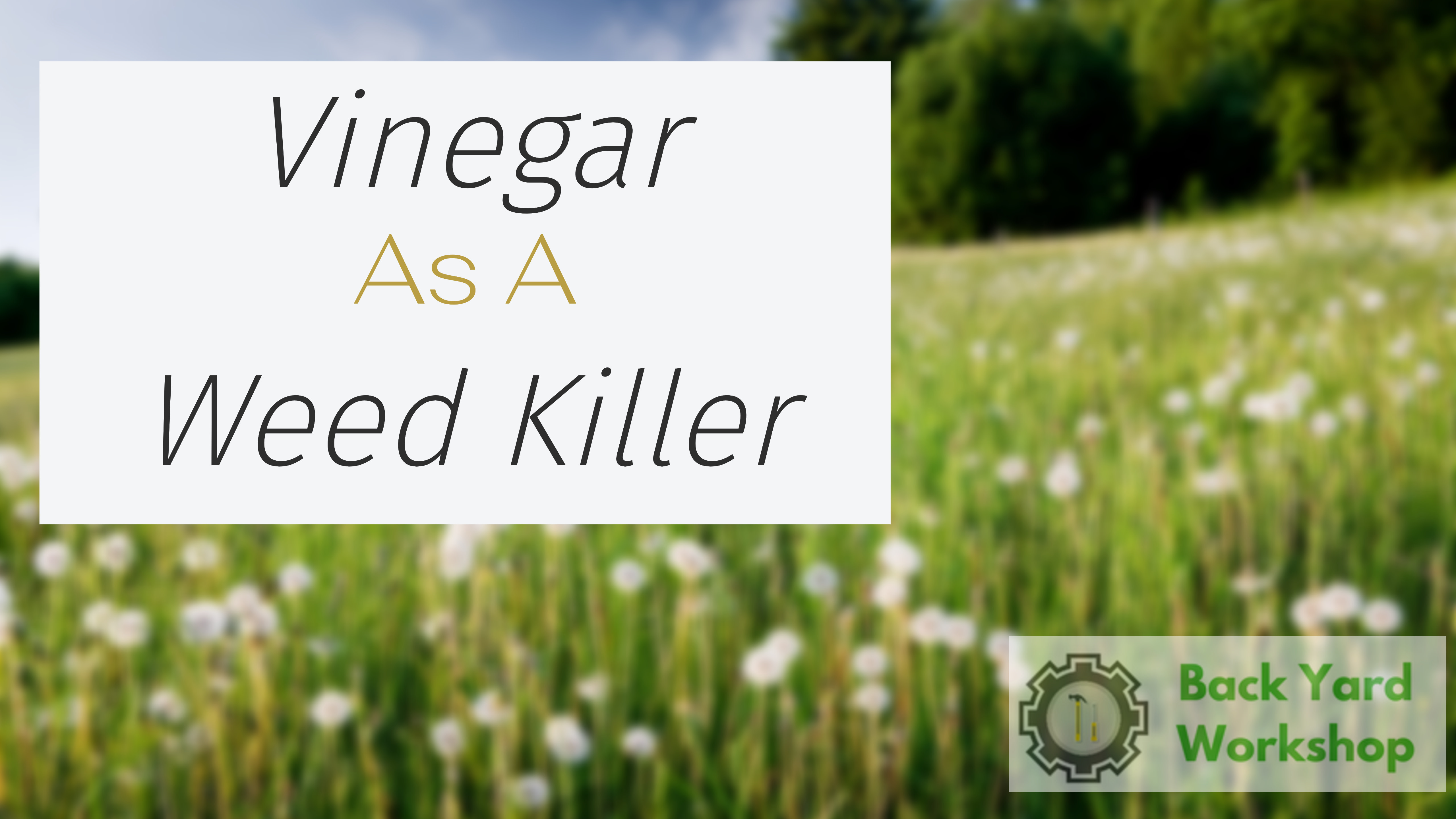
You might be wondering how to kill weeds with vinegar or if it even works. Vinegar is a great natural weed killer that to use for a variety of purposes around your house. Before you start pouring bottles of vinegar on the ground, there are some important things you need to know about using this method as a weed killer.
This article will cover:
- How to use vinegar as a weed killer.
- Things to consider when using it for this purpose.
- Various recipe solutions to kill weeds in gardens.
How To Use Vinegar As A Weed Killer
Getting rid of weeds is part of the gardening process. Using vinegar as a weed killer is a common practice. Don’t worry; your garden won’t smell like salad dressing.
Ingredients You Need:
- A gallon of household white vinegar
- Bucket
- Spray bottle
- Funnel
- 1 Tablespoon dish soap (optional)
- 1 cup table salt or rock salt (optional)
Vinegar Weed Killer Recipe
- Pour a gallon of vinegar into the bucket.
- Add the salt and stir to dissolve the salt (optional)
- Add the tablespoon liquid dish soap and stir. The dishwashing soap helps the solution to stick to the weeds for a better result.
- Use the funnel to fill the spray bottle with vinegar solution.
- Spray liberally and directly onto the weeds.
- Wait 24 hours and repeated the process if necessary.
- Empty the sprayer when done and clean the spray bottle. Avoid storing the vinegar solution in the bottle for a long time; it will corrode and destroy the container.
Things To Consider When Using Vinegar Weed Killers
- Avoid spraying nearby grass or plants in the garden. Vinegar is nonselective and will kill any plant that it comes in contact with. Be careful when spraying a vinegar solution in your flower beds, yard, or garden where it can harm your plants too.
- If you decide to use dish soap: Make sure you choose a dishwashing soap that doesn’t contain harmful ingredients to the environment like phosphates. Ingredients like sodium hypochlorite and phenols have toxic properties.
- Use the vinegar solution on a sunny day. Acetic acid dries out the weed, and sunshine quickens the process.
- Avoid spraying on a rainy day or watering your garden after spraying the weeds; the water washes the vinegar solutions away.
- High acetic acid products, like horticultural vinegar, are harmful to humans and pets; this corrosive nature can burn the skin or damage the eyes. Make sure you don’t touch your face or eyes when using weed killer products with acetic acid levels 11% or higher. Be safe and wear goggles and protective clothing.
- Use a garden pump sprayer with a hose to spray large areas quicker.

More Vinegar Home Recipes To Kill Weeds
Gardeners kill weeds with vinegar using various combinations of vinegar and other household products. Here are some everyday vinegar recipes people use.
- Vinegar. Some gardeners use vinegar to kill weeds without adding any other ingredients.
- Vinegar and Dish Soap. The mixing ratio is one gallon vinegar to an ounce (two tablespoons) of dish soap. The dish soap and vinegar solution is a natural herbicide and insecticide.
- Vinegar, Salt, and Dishwashing Soap. Salt may create a more effective solution, but a high salt concentration in the soil causes the soil to draw moisture from the plants, killing the plants. The salt stays behind in the ground, and large quantities can make the soil infertile.
- Vinegar with Clove or Orange Essential Oil. Essential oils work like dishwashing soap, removing the moisture by breaking down the oils on weeds.
- Vinegar and Lemon Juice. Lemon juice increases the acidity level. Depending on the type of weed, the mixing ratio is one tablespoon to a cup of lemon mixed with a gallon of vinegar.
Frequently Asked Questions About Vinegar Weed Killers
Does vinegar kill weeds permanently?
Yes, vinegar can kill weeds permanently and is sometimes a better remedy than a gardener pulling the weeds. If a gardener accidentally leaves a single leaf behind, the weed can grow again, whereas spraying weeds with vinegar is quicker and more permanent.
Vinegar has a higher chance of killing a younger weed vs an older weed – since vinegar only kills on contact a weed with a strong root system will have a higher chance of surviving and growing back. Some studies show vinegar works best on weed with only one or two leaves. Another reason to attack weeds early and often!
Is white vinegar a good weed killer?
Yes, white vinegar is a good weed killer. Household white vinegar has an acidity of 5%, which means it will kill the weeds, but you will need to use it multiple times. You can also use apple cider vinegar or malt to get rid of weeds.
What kind of vinegar do you use for weed killer?
Household white vinegar is one of the safest kinds of vinegar weed killers. You may need to apply it multiple times, but it won’t burn your skin if accidentally spilled. Apple cider vinegar is an excellent alternative if you don’t have white vinegar.
Horticultural vinegar works better because it is much stronger than a grocery store vinegar product. Use horticultural vinegar to kill stubborn weeds; its acidity level is 20% or more. Although more effective, it is also more harmful and can cause chemical burns on the skin. Avoid spraying it directly on the soil; it will make the soil too acid for garden plants and kill beneficial organisms in the soil. (6.0-7 pH range is best for a garden). Unlike distilled white vinegar, you need to dilute horticultural vinegar with water.
How long does it take for vinegar to kill weeds?
Vinegar can begin to kill weeds immediately upon contact. You will see a result within a few hours, but stubborn weeds may require additional application. The key to stopping continuous weed growth is to use vinegar when you notice the first weeds before the weeds strengthen roots or form seeds.
Annual weeds like chickweed and crabgrass, spread fast distributing many seeds. By applying the vinegar solution during Spring or Summer, you can prevent the weeds from seeding.
Is acetic acid another name for vinegar?
Yes, acetic acid is another name for vinegar. Vinegar is a dilute acetic acid solution produced by fermentation and oxidation. Ethanoic acid is another name for acetic acid
Vinegar is a natural weed killer. If you don’t like using pesticides with harmful chemicals in your organic garden, use vinegar to kill weeds. The acetic acid in vinegar kills the weeds. Vinegar is less harmful than herbicides.
Is bleach or vinegar better to kill weeds?
Vinegar is a better weed killing agent because it is not harmful to humans and soil like bleach is. The bleach lowers the soil pH making it impossible for grass or weeds to survive; the soil will be unsuitable for growing plants for months. Household vinegar isn’t harmful to humans or pets, but killing stubborn weeds requires multiple applications.
How long does it take vinegar to kill weeds?
Vinegar will kill weeds within hours. You don’t have to wait 24 hours to see the result like store-bought herbicides. The 5% white vinegar is sufficient; you don’t need higher concentrations to kill most weeds. For quicker results, add liquid dish soap to the vinegar.
Does vinegar kill grass, or can it grow back?
Vinegar is not a good permanent solution for killing grass. Vinegar is more effective on broadleaf weeds than killing grass blades. It may seem like the vinegar killed the grass permanently, but the grass will quickly recover and grow back.
What is the best way to kill clover?
The best way to kill clover is by applying a mixture of one drop of dish soap to one cup of vinegar. Use a sprayer to spray the vinegar mixture on the clover leaves. You can use vinegar alone, but the dish soap helps the solution to stick to the clover leaves, killing it faster. Clover is a stubborn weed; you will need to re-apply the solution every few weeks.
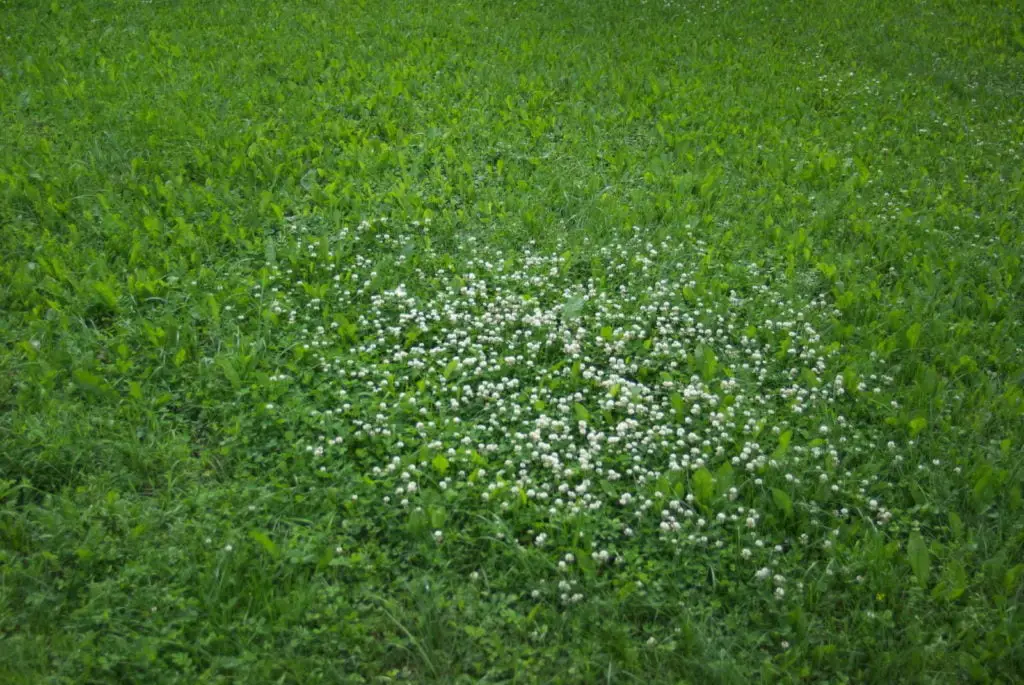
Does white vinegar kill weeds?
Yes, white vinegar kills weeds. Killing weeds with vinegar within two weeks of germination is the most effective way. If you wait too long, you may need to apply the vinegar multiple times.
Will vinegar kill dandelions and other perennials?
Vinegar will not kill dandelions and other perennial weeds with one application. Dandelions, clover, and ivy are perennial weeds, which means you need to remove the roots to stop weed growth. These weeds require several applications to prevent seeding and for the roots to die. Dandelion roots that survive through the winter will come up again the following season. Remove the roots after the vinegar killed the weed on the ground surface.
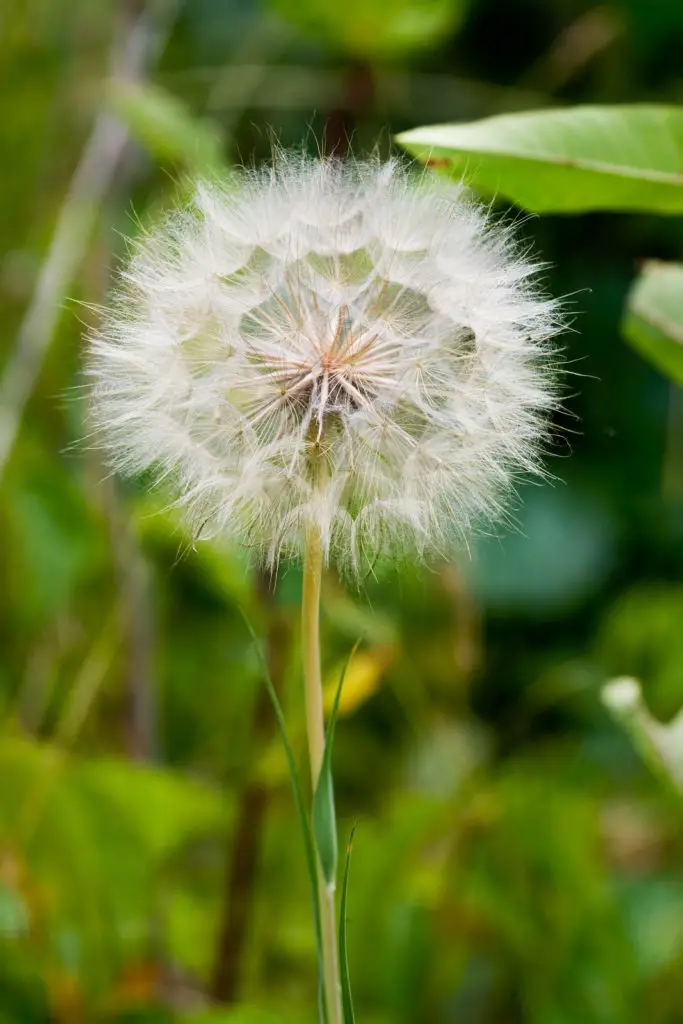
What is the best way to kill Dallisgrass?
The best way to kill Dallisgrass is to boil the household vinegar, creating a more concentrated liquid. Use the spray bottle filled with vinegar and apply it to the leaves. You can also apply table salt to the weed’s base but be careful because the salt can also kill the surrounding plants.
What is the best way to kill Bermuda grass?
The best way to kill Bermuda grass is using the vinegar-dish soap recipe. The mixing ratio is a gallon of white vinegar to one-ounce liquid dish soap. Bermuda grass is a type of drought-tolerant grass used for lawns; it is also an invasive grass weed that spreads quickly. Remove the dead Bermuda turf and add some topsoil, and plant grass seeds in the bare spots.
How long does vinegar last in soil?
Vinegar can last longer than a month in soil if poured directly into the dirt. The acetic acid lowers the soil’s pH which can make it unsuitable for plants if used in a high enough concentration.
However, there is no need to pour vinegar directly on the soil. A gardener should apply the vinegar solution directly to the weeds to kill them; the few drops that fall on the soil will break down quickly and shouldn’t harm any plant in the vicinity.
Which vinegar recipe do you prefer to use in your garden? What is your experience with vinegar as a weed killer?


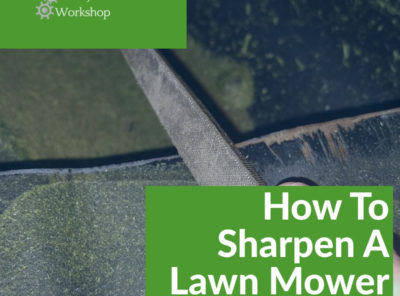
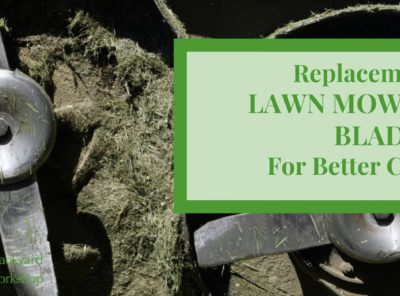

![Best Corded Electric Weed Eater / Wacker Reviews - The Ultimate Guide For [FYear]](https://www.backyardworkshop.com/wp-content/uploads/./corded-electric-string-trimmer-400x296.jpg)